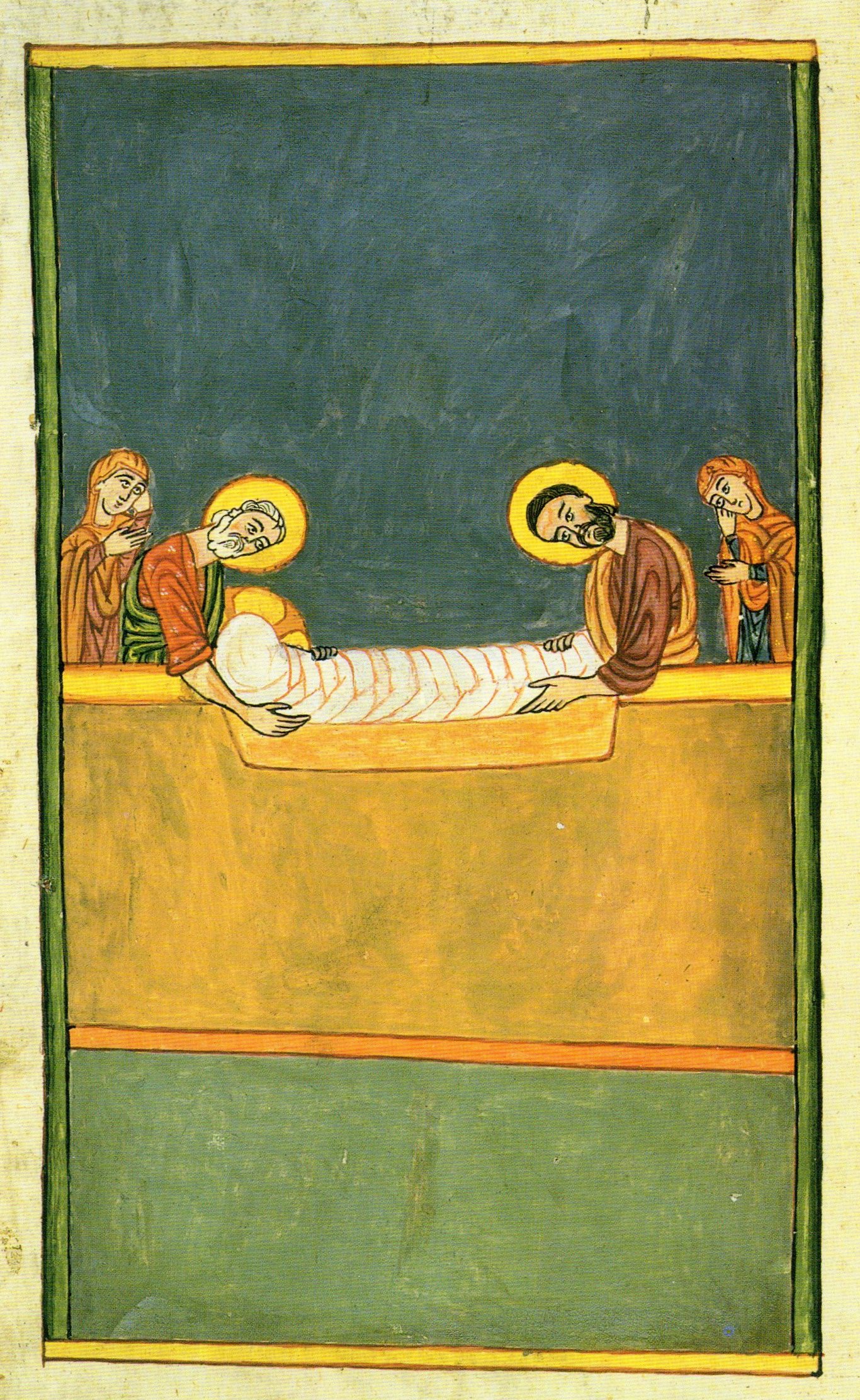
Today is the day between. Not death, not resurrection — just silence. Easter Saturday stretches out as a long pause in the Christian imagination: a space of absence, of waiting, of unknowing. It is a day we are not good at inhabiting. We prefer the drama of the Cross or the joy of the empty tomb. But Easter Saturday sits quietly between them, asking us to reckon with what is broken but not yet restored. Forcing us to recognise the things we do not know.
In his remarkable Via Crucis meditations on Good Friday this year, Pope Francis offered words that speak deeply into this suspended moment. He writes:
The way of the cross, Jesus, is a possibility that we have already too many times failed to consider. Let us admit it: we have been prisoners of the roles we choose to continue playing, fearful of the challenge of a change in the direction of our lives.
Pope Francis, April 18, 2025
This “changing direction” is not abstract. It is about how we live, and how we govern. It calls us to reimagine politics — not as a thing we engage with every five years in the polling booth, but as a daily walking alongside those who suffer, and a willingness to be changed by proximity to them.
Housing as a Way of the Cross
Ireland’s housing crisis is one such way of the Cross. It passes through doorways where people sleep in tents, through hostels where families crowd into single rooms, and through emergency accommodations that, despite their name, become long-term. It winds its way into the Dáil, where about 1 in 5 sitting TDs are landlords. This reality — documented consistently in public records — raises legitimate concerns about the capacity of those in power to respond with full-hearted urgency to a system that benefits them materially.
This is not an accusation of individual wrongdoing. But it is a question about proximity. When the people responsible for shaping housing policy are structurally distant from its consequences, how can we expect the kind of leadership that bends low, touches feet, and takes on the cost of others’ burdens?
The Silence Between
Easter Saturday is a time to reflect on that distance. To notice the silence in our public discourse. To sit, if only for a moment, with the fact that over 15,000 people in Ireland — including more than 4,600 children — are homeless right now. The temptation is to rush past this — to publish more targets, to issue another policy. But the Gospel does not flinch from the tomb. It stays with the silence. And perhaps, ten years into this crisis, so should we.
Pope Francis’ meditations are unsparing in their honesty. He speaks of violence and abandonment, of loneliness and injustice. But he also speaks of “gratuitousness” — a costly kind of love that does not calculate benefit. That is the love Christ shows, even in death. That is the kind of politics Easter calls us toward.
“Gratuitousness proves costly,” Francis notes, because the cross is its price.
This is not just about housing. It is about all the ways our politics has grown cold and remote. It is about climate policy that serves investors more than ecosystems. It is about migration systems that warehouse people instead of welcoming them. It is about the criminal justice system’s over-reliance on punishment rather than restoration.
But housing is a place to start, because it is so basic, so bodily, so clearly a matter of proximity. It is particularly a place for Christians to start because our Lord was homeless. To be without a home is to be radically exposed. And to make decisions about housing from a position of comfort and distance is to risk ignoring the weight of that exposure.
A Different Direction
What would it mean for our leaders to change direction? Dare we dream that we consider this as an ethical crisis, not just a challenge for political tacticians? What would it mean to stay with the silence of Holy Saturday, to allow themselves to feel its weight, and to rise from it with a renewed commitment to closeness, compassion, and costly service?
On this quiet day in the Christian calendar, between the grief of Good Friday and the joy of Easter morning, we are asked to stay present to what has not yet healed. For the Church, and for a Republic that claims to cherish all its children equally, that means confronting the housing crisis not with distance or delay, but with proximity, courage, and urgency.

